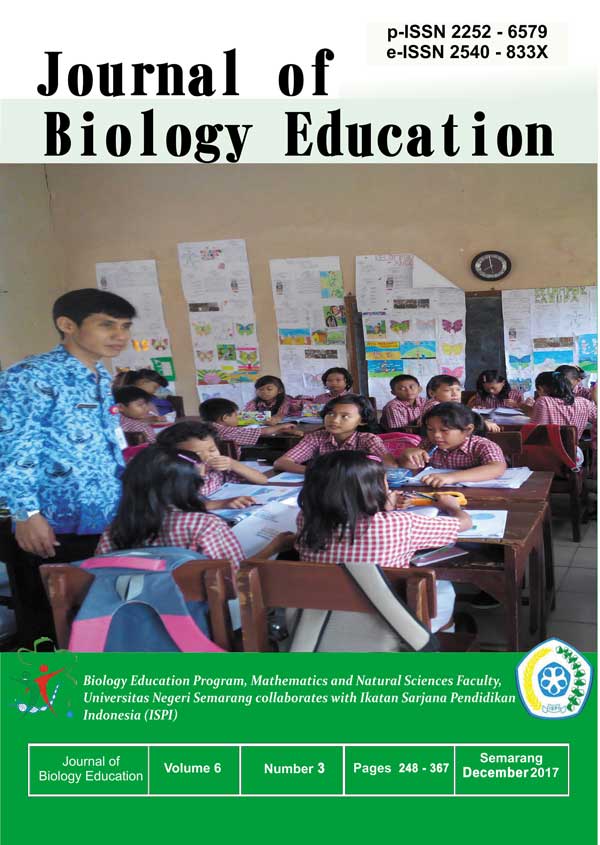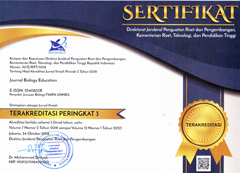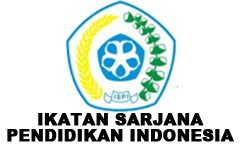School Assessment di Sekolah Menengah Kebangsaan Slim River Malaysia berdasarkan Prinsip-Prinsip Asesmen Autentik
Abstract
Education in Malaysia has been reformed to face the 21st century of education, especially in terms of the student assessment. This case study aimed to describe the implementation of school assessment at Sekolah Menengah Kebangsaan Agama (SMKA) Slim River according to the principles of authentic assessment, i.e. the integration of teaching and learning, a variation of methods and criteria used, real-world problems posed, and holistic approaches. This study used a qualitative descriptive study methods to portray the four principles of authentic assessment presented in the narrative texts. The data was collected by observation sheets, interviews, and the documentation study, and they were validated by using three stages of qualitative data analysis. The findings showed that to some degrees the four principles of authentic assessment were already implemented in school assessment. Teachers had integrated assessment in their teaching and learning by sharing the learning target and questioning. The assessment had used the variation of methods and criteria such as written test, presentation and discussion, experiment, and project. The assessment was connected to the real-world problem by giving real-world problem and real-world task. The holistic principle had been implemented by using PEKA rubric.
The copyright of the article once it is accepted for publication shall be assigned to the journal as the publisher. The intended copyright includes the right to publish the article in various forms (including reprints). The journal maintains the publishing rights to the published articles.
This work is licensed under a Creative Commons Attribution 4.0 International License.








